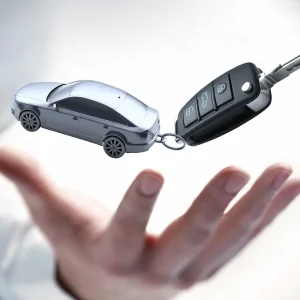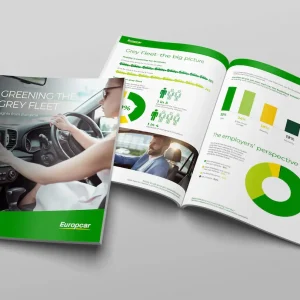A conversation between two of our consultants here at Arval yesterday caught my attention. Both drivers of plug-in hybrids (PHEVs), they were talking competitively about the fuel economy they are achieving in their cars.
My initial reaction was that this was a very positive development. When drivers chat about their company cars, fuel consumption hasn’t traditionally been high on the list.
This set me thinking about the impact that PHEVs and electric vehicles (EVs) are having on driving styles. To put it simply, to realise the benefits of a plug-in vehicle you have to drive it differently to a traditional petrol or diesel.
As a PHEV user myself, I definitely drive more slowly to get the maximum efficiency and range from the battery. Does this make me a safer driver? I think it probably does, purely because I am travelling at a lower speed and giving myself greater reaction time.
As long as the desire for efficiency doesn’t become a distraction, my opinion – and my hope – is that these vehicles will reduce risk for company car drivers. This should happen because they actively encourage a higher degree of engagement with the actual process of driving, as well as encouraging a more responsible and less aggressive attitude to speed.
As they become more widely used across fleets and reliable data starts to become available, it will be fascinating to look at statistics that compare the accident rates of alternatively-fuelled vehicles with conventional vehicles and to see whether my hunch is right.
Shaun Sadlier is head of consultancy at Arval





